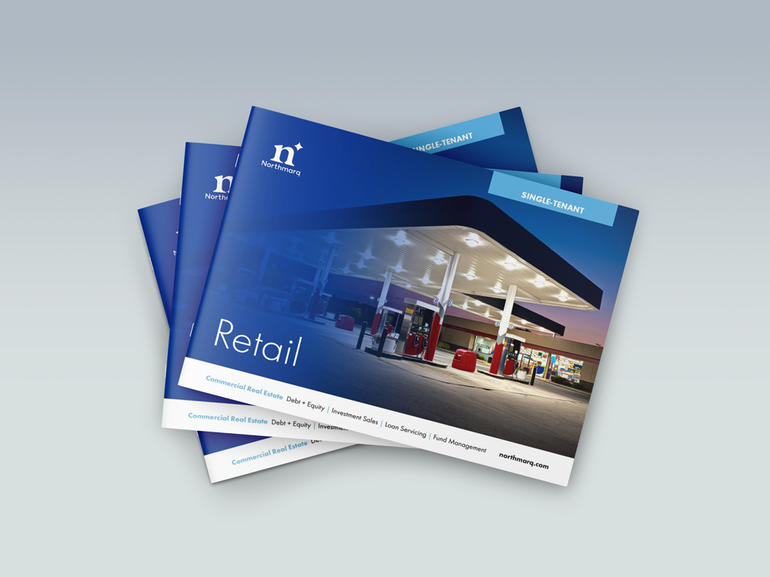MarketSnapshot: Single-Tenant Retail
Q1 2025

The single-tenant net lease retail sector demonstrated encouraging stability in early 2025, with sales volume climbing to $3.05 billion. Though volume was down year-over-year, healthy first quarter performance marked a bright spot in an otherwise cautious capital markets environment. The modest quarter-over-quarter improvement reflects a continued appetite for well-located retail assets, especially those leased to creditworthy tenants and positioned in high-traffic areas.
Cap rates in the segment averaged 6.96% in first quarter, up seven basis points from fourth quarter 2024 and 58 basis points year-over-year. Average rates have risen for nine consecutive quarters from a low of 5.60% reached at year-end 2022. Two years is a short period of time for investors to adjust to a 136-basis point swing. Investment strategies needed to be reassessed as asset values declined and fewer 1031 exchange buyers were active in the market.
The sector’s buyer profile during early 2025 revealed private investors dominating the landscape, making up 47% of acquisitions. Institutional buyers followed with 20% of the market, while international capital returned to the sector, jumping to 15% market share compared to just 1% for full-year 2024.
Retail's quarterly gains were bolstered by persistent demand for necessity-based tenants and single-tenant quick service restaurants, which continue to exhibit strong operational resilience and robust growth. Evolving consumer preferences and economic uncertainties, however, may temper broader retail asset performance going forward.
Looking ahead, the market’s trajectory will depend on consumer spending trends, investor confidence and macroeconomic developments, such as the risk of a recession. While financing constraints and underwriting complexities present ongoing challenges, the sector’s reliance on stable and growth-minded tenants and continued interest from private investors may help sustain activity in the near term.
